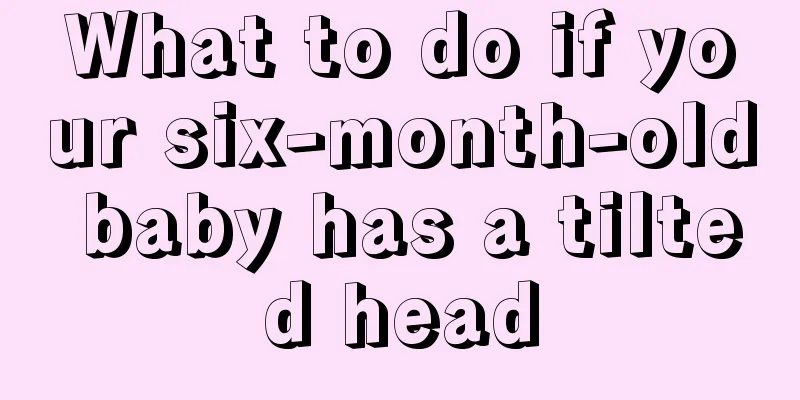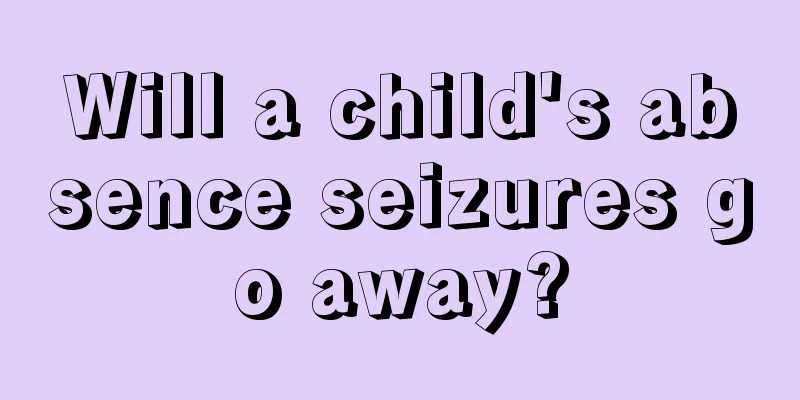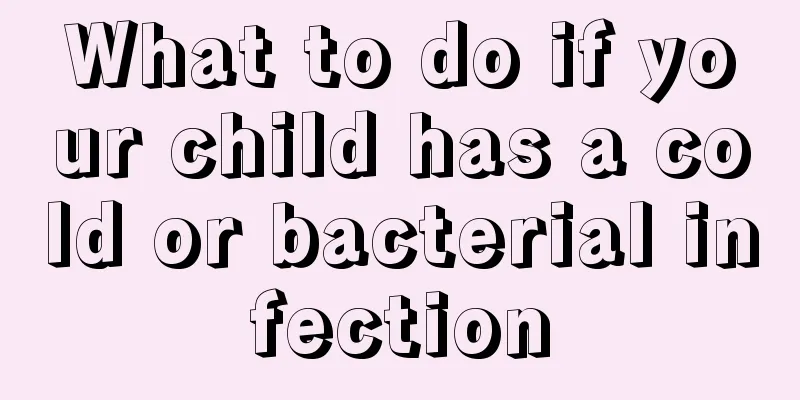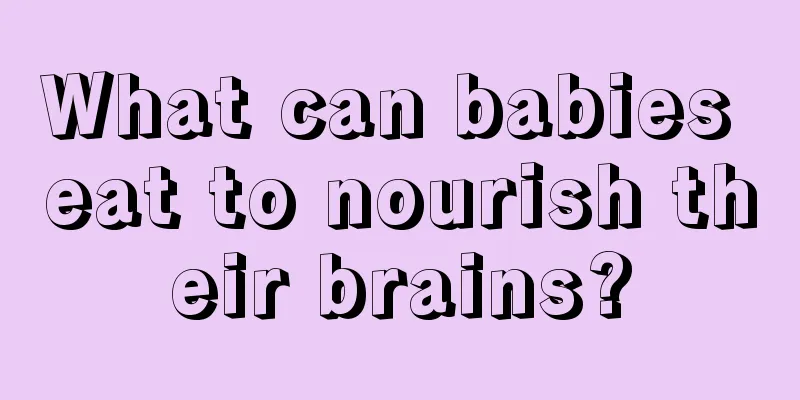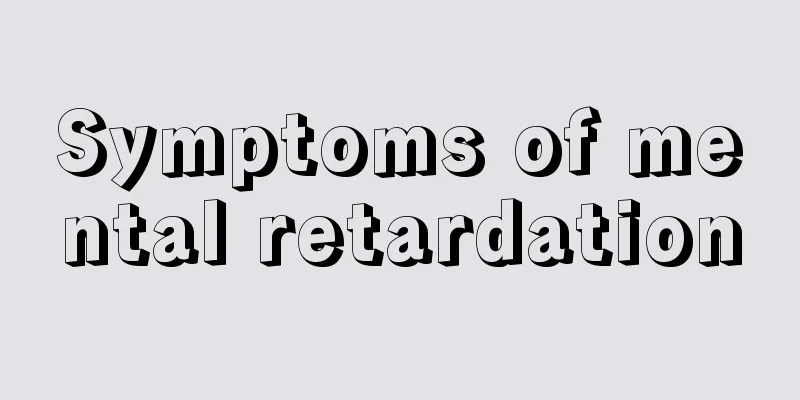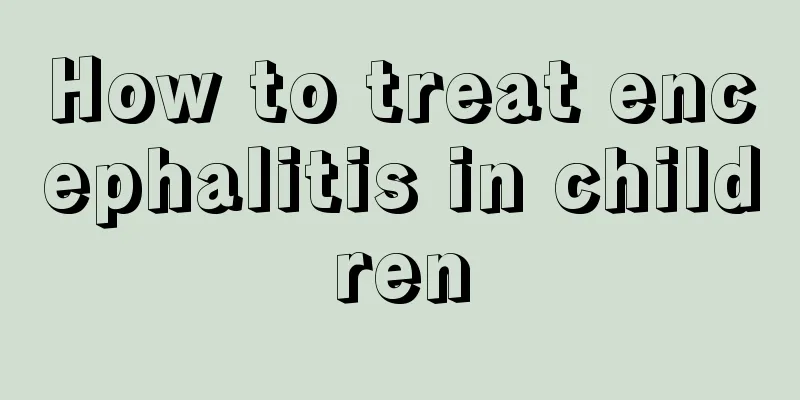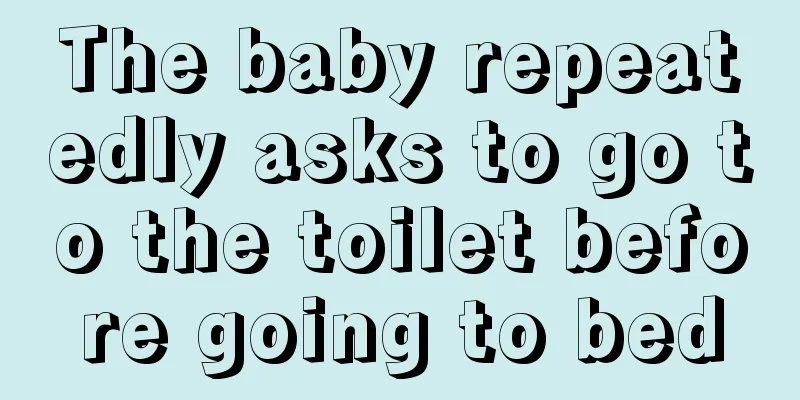Do three-year-old babies need to be dewormed?
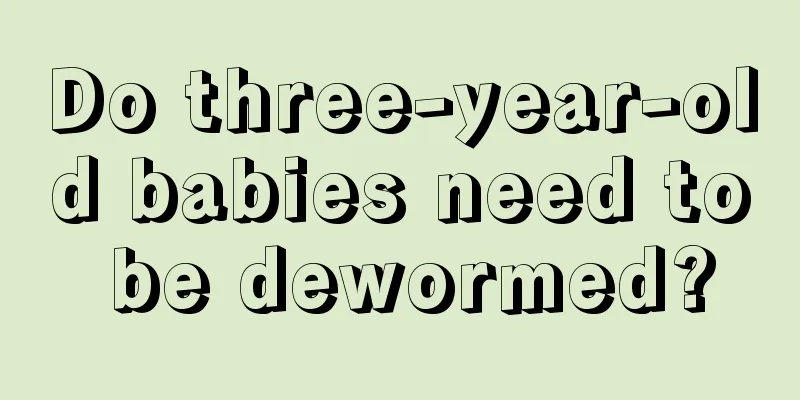
|
When children are growing up, parents need to be very careful when taking care of them, and after the baby grows to a certain stage, parents need to pay attention to the baby. If a three-year-old baby is to be given anthelmintics, it is best to do a routine stool test for the baby first. If there is a parasitic infection, the child can be given oral anthelmintics. If not, it is best not to give the child anthelmintics. Symptoms of parasites in the child's stomach The stomach often has pain without any signs, which is then relieved after a certain amount of massage; Children often grind their teeth when they sleep at night; Children begin to show picky eating habits and loss of appetite. Urticaria caused by foreign proteins; The child has spots on his face (mostly due to malnutrition). How to determine whether your child needs deworming Among children, 95% of them will be infected with intestinal parasites to varying degrees. So what we need to do is to conduct regular stool tests to further find out whether parasites exist and what kind of parasites they are. This is quite necessary. We often say that medicine is three-part poison. Don't blindly give your children anthelmintics. If you are not clear about the use and dosage of anthelmintics, it will cause certain harm to the child's body. Therefore, it is recommended that parents take their babies to the hospital for examination and testing. At what age can children be dewormed? Most anthelmintics need to be metabolized and broken down by the human liver, so for children over two years old, the liver development is almost complete at this time, and the appropriate amount of medication will not cause adverse reactions. However, since the liver of a two-year-old child is still in its developmental stage, and anthelmintics usually contain a substance called tobendazole, which can cause certain damage to the child's tender liver, no matter how old the child is, you must follow the doctor's advice. Which deworming medicine is good for children? After the test, we need to figure out what kind of parasite it is, prescribe targeted medication, and follow the doctor's instructions. Currently, the commonly used anthelmintics include Enterocin, Anleshi, and Quchongjing. These anthelmintics have a wide range of uses. When using them, parents need to convert the dosage according to the child's age and weight. Some children are more naughty, so pay attention to whether the child has taken the medicine completely. If the dosage is insufficient, the insect repellent effect cannot be achieved. Enteric Worm Clear: For the treatment of pinworm disease and ascariasis, take 2 tablets twice a day; for the treatment of hookworm disease, whipworm disease, and strongyloidiasis, take 2 tablets twice a day for 3 consecutive days; for echinococcosis, take 20 mg/kg body weight orally per day, divided into 2 doses. The course of treatment is 1 month, and multiple treatments are required. After children with pinworms take the medicine once, they should take half a tablet again one week later to prevent reinfection. For children under 12 years old, the dosage should be halved. Anleshi: For ascariasis and pinworm infection, take 2 tablets (200 mg) at a time; for hookworm and whipworm infection, take 2 tablets each time, twice a day, for a course of 3-4 days. If the first treatment is not effective, a second course of treatment can be given after 3 weeks; for echinococcosis, take 50 mg/kg body weight daily, divided into 3 doses, for a course of 3 months. Children under 4 years old should use half the dose. Precautions for taking anthelmintics 1. Parents need to take their babies to the hospital regularly for stool tests to determine whether there are parasites. No matter what kind of parasite it is, please use targeted anthelmintics. Because some deworming products are effective against most parasites, but some are only one-to-one specific. Do not assume that your child has worms and go to the pharmacy to buy them yourself. Do not blindly give your child deworming medicine, as this may endanger your child's health. 2. Anthelmintics must be taken on an empty stomach. It is best to take anthelmintics two hours after a meal. At this time, the human stomach and intestines are basically emptied, and the medicine can easily fight the parasites face to face, and the anthelmintic effect is best. In addition, taking an appropriate amount of vinegar one hour before taking the medicine can help repel insects. If you do not have a bowel movement for a long time after taking the medicine, you can take some laxatives to help with bowel movements. 3. Take the appropriate dosage. If the drug dosage is insufficient, the worms cannot be paralyzed. Once the worms are stimulated by the drugs, they will start to flee everywhere, which can easily lead to diarrhea, biliary ascariasis, etc., and they cannot be expelled. If the drug dosage is too high, it can easily lead to poisoning and liver damage. Therefore, we should avoid taking anthelmintics frequently or in excess. In addition, anthelmintics should not be used or used with caution in children with liver and kidney dysfunction, acute fever, or weak spleen and stomach. 4. Eat less spicy and greasy food. Reduce the intake of spicy foods such as mutton, peppers, onions, ginger, garlic, etc. in your daily life. Because these foods often cause constipation, which leads to the expulsion of worms. In addition, you should eat less greasy food. This is because most anthelmintics are fat-soluble drugs. If there is too much oily food in the body, it will affect the effect of anthelmintics in the intestines, and finally even promote the absorption of anthelmintics and increase their toxicity to the human body. |
<<: What are the symptoms of herpes in children
>>: How to educate babies aged one to three years old?
Recommend
What should I do if my child with cerebral palsy drools?
What to do if a child with cerebral palsy drools?...
What are the most effective methods for reducing phlegm in children?
I believe that parents of children are very conce...
Baby fell off the bed face down?
When parents are taking care of their babies, the...
How should colic in children be treated?
Although baby colic is not a disease, if a baby h...
When is the vaccination schedule for children?
As the saying goes, it is better to be safe than ...
What foods should children not eat when they have a fever? Every parent should see clearly
When a child has a fever, parents will be very an...
Why bacterial pneumonia in children
Bacterial pneumonia in children is a relatively c...
What are the dietary treatments for children with phlegm and cough?
Although children's cough is a common lung di...
How to clean baby eczema with honeysuckle
I believe everyone must be very familiar with the...
What is the trick to keep your baby's stomach early?
Holding the baby's bowel movement refers to a...
What to do if your child has stomach problems
Nowadays, many children suffer from stomach probl...
What to do if children are easily fatigued
Every child is the most caring family member of h...
Why do three-year-old babies suck their fingers?
It is normal for babies to suck their fingers whe...
When do primary molars replace?
As we all know, when children reach a certain age...
One year old baby has white spots on teeth
Some parents will accidentally find white spots o...


